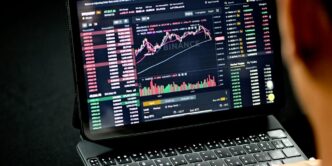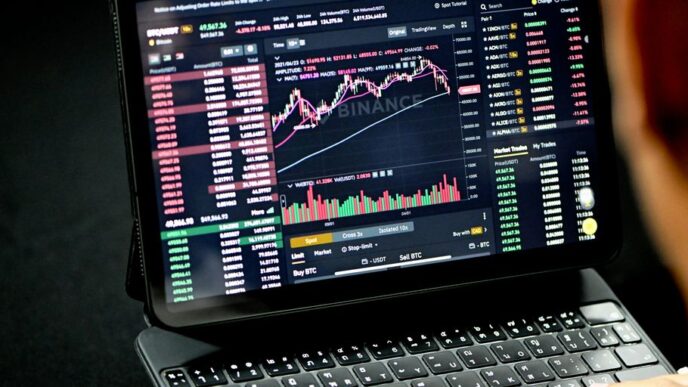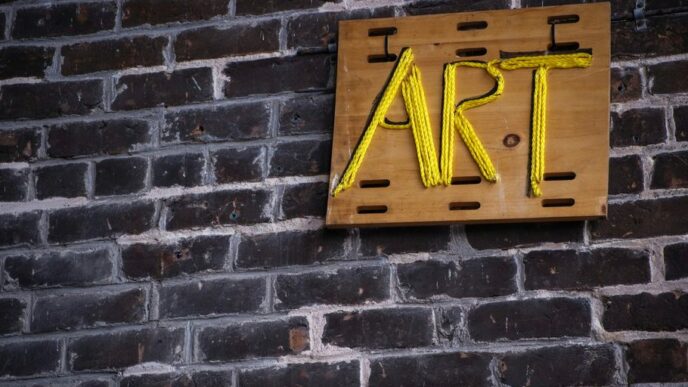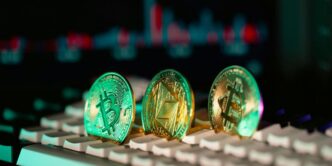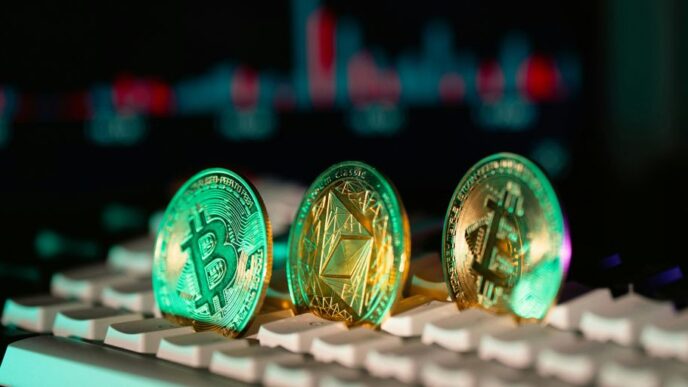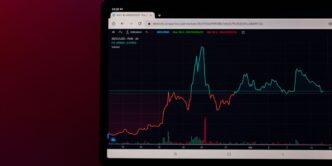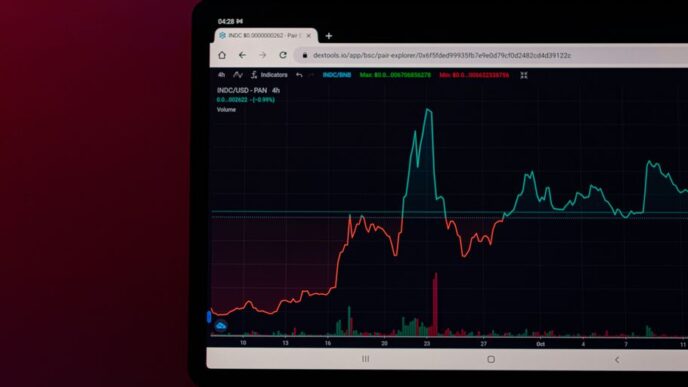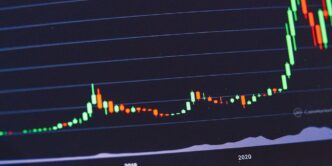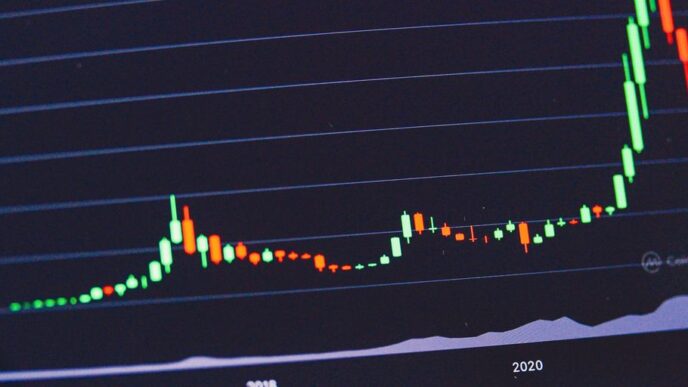El Salvador has made headlines again by increasing its Bitcoin reserves, purchasing 12 additional Bitcoins in a single day. This move brings the country’s total holdings to 6,068 BTC, valued at over $554 million, despite recent market fluctuations.
Key Takeaways
- El Salvador’s Bitcoin reserves now total 6,068 BTC.
- The country purchased 12 BTC for approximately $1.1 million amid a market dip.
- President Nayib Bukele recently struck a $1.4 billion financing deal with the IMF, leading to changes in Bitcoin policy.
- The government continues to buy Bitcoin despite the IMF agreement.
Recent Purchases
On February 4, El Salvador’s government bought 11 Bitcoins for just over $1.1 million, averaging around $101,816 per Bitcoin. An additional Bitcoin was purchased for $99,114, according to the Bitcoin Office tracker. This latest acquisition is part of a broader strategy to build a significant Bitcoin reserve.
Market Context
Bitcoin’s price has seen volatility, recently dipping to a low of around $96,000 before rebounding to approximately $98,000. This fluctuation comes after the cryptocurrency reached an intraday high of over $100,700. Despite these market challenges, El Salvador’s commitment to Bitcoin remains steadfast.
Strategic Moves
The recent purchases follow a $1.4 billion financing agreement with the International Monetary Fund (IMF), which required El Salvador to adjust its Bitcoin policies. Changes included making private sector acceptance of Bitcoin voluntary and reducing government involvement in the Chivo crypto wallet. However, the government has continued to acquire Bitcoin, purchasing $1 million worth just a day after the IMF deal was finalized.
Future Plans
El Salvador’s National Bitcoin Office has indicated that the country intends to keep buying Bitcoin, with plans to intensify these efforts in 2025. This commitment reflects a long-term strategy to establish a robust Bitcoin reserve, positioning El Salvador as a pioneer in cryptocurrency adoption.
Conclusion
El Salvador’s recent Bitcoin purchases highlight the country’s ongoing commitment to cryptocurrency, even in the face of regulatory adjustments and market volatility. As the nation continues to build its Bitcoin reserves, it remains a focal point in the global conversation about the future of digital currencies.



